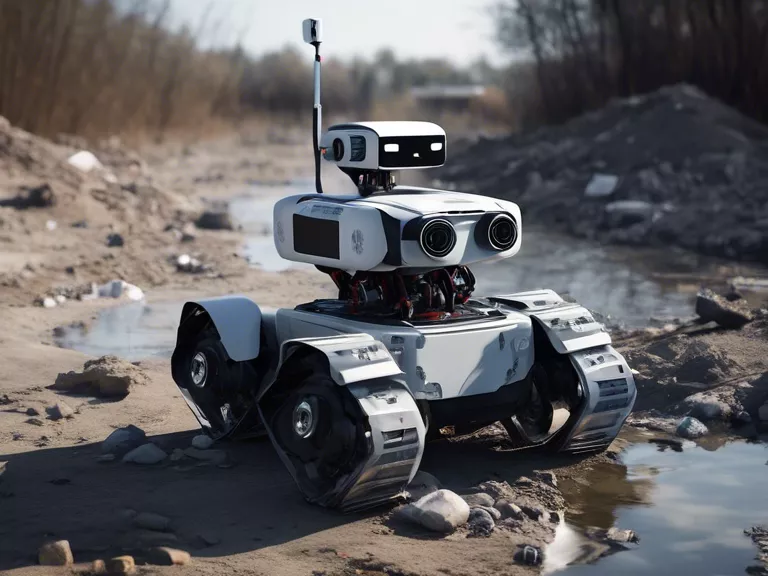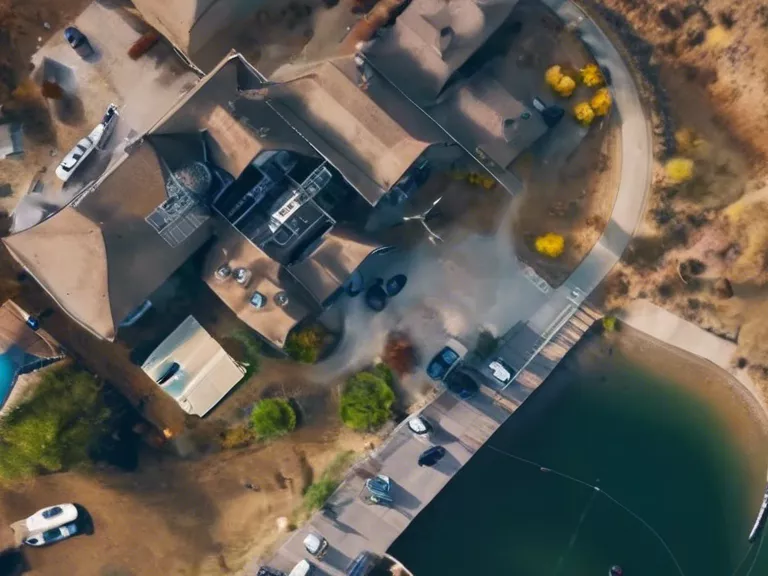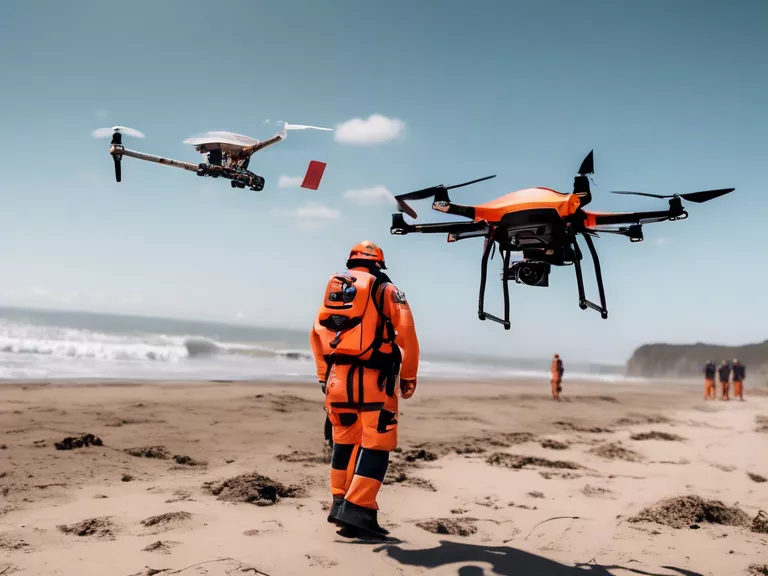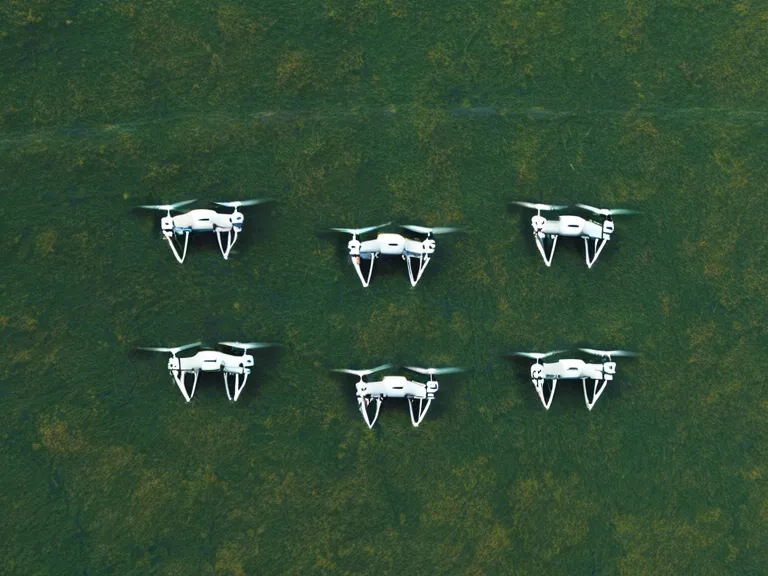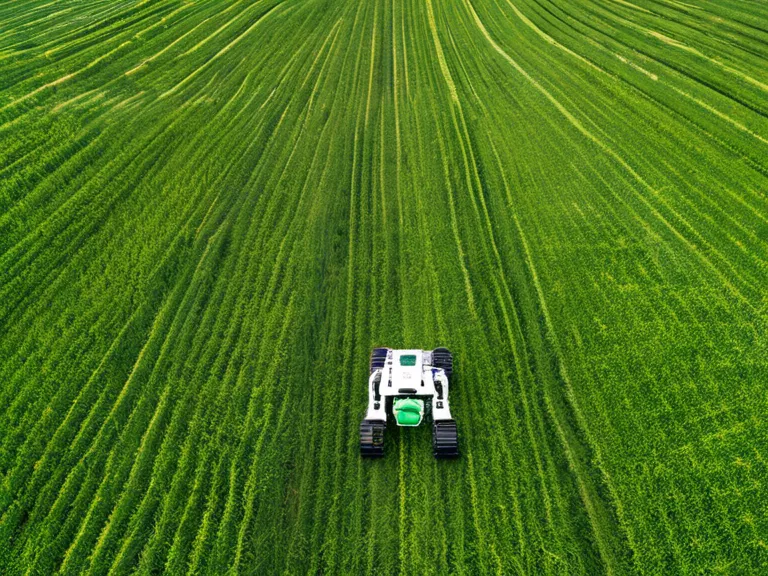
Robotics has revolutionized the way agriculture is done, especially with the advent of smart farming. One key aspect of smart farming is automated crop management, where robots are used to monitor and tend to crops efficiently. This article explores how robotics is supporting smart farming through automated crop management.
Automated crop management involves using robots equipped with various sensors and tools to perform tasks such as planting, watering, fertilizing, and harvesting crops. These robots are programmed to analyze data from the sensors to make decisions on when and how to tend to the crops. By automating these tasks, farmers can save time and resources, while also ensuring that their crops receive the optimal care they need.
One way robotics is supporting automated crop management is through precision agriculture. Robots can be programmed to plant seeds at precise depths and spacing, ensuring optimal growth conditions for the crops. They can also be used to apply fertilizers and pesticides in a targeted manner, reducing waste and environmental impact. Additionally, robots equipped with cameras and image recognition technology can identify and remove weeds, minimizing the need for chemical herbicides.
Another benefit of using robots for automated crop management is the ability to monitor crops in real-time. Robots can be equipped with sensors that measure soil moisture, temperature, and nutrient levels, providing farmers with up-to-date information on the health of their crops. This data can be used to make informed decisions on irrigation schedules, fertilizer applications, and pest control measures, leading to higher yields and better quality produce.
In conclusion, robotics is playing a crucial role in supporting smart farming through automated crop management. By using robots to perform tasks such as planting, watering, fertilizing, and harvesting crops, farmers can increase efficiency, reduce costs, and improve crop yields. As technology continues to advance, we can expect to see even more innovations in the field of robotic agriculture, leading to a more sustainable and productive future for farming.
